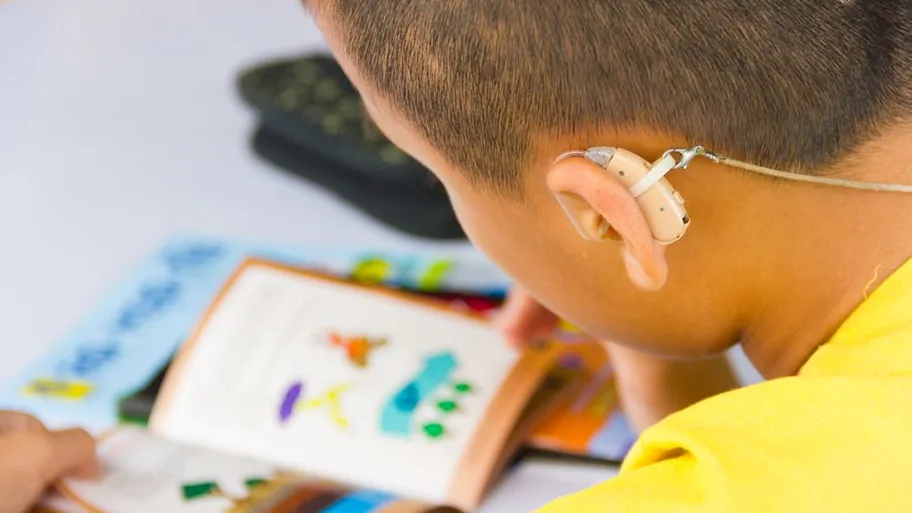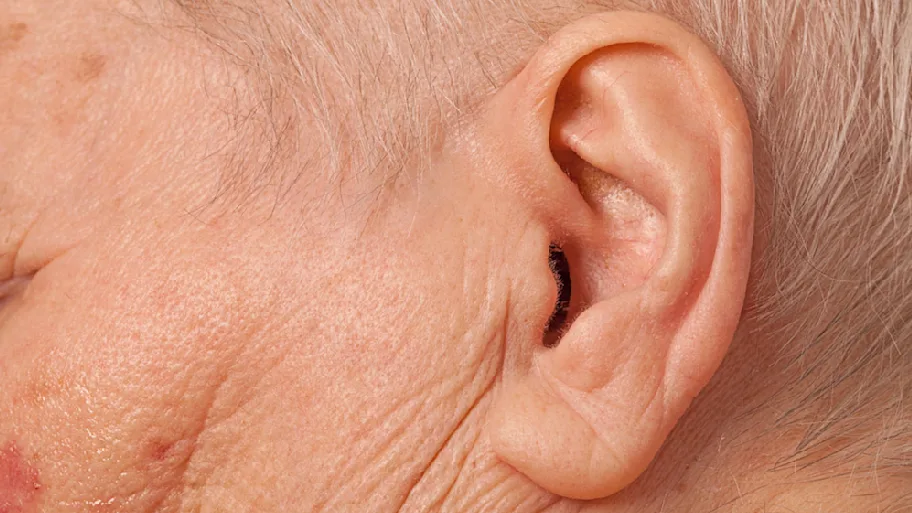
- Science News
- Featured news
- Moving toward a future free of drug-induced hearing loss
Moving toward a future free of drug-induced hearing loss

Image: Shutterstock
A new special publication orchestrated by five of the nation’s leading hearing experts compiles the latest research into hearing loss caused by drugs and solvents – how it occurs, how to treat it, and how to prevent it.
— By Oregon Health & Science University
The compilation is being published online as a special research topic by the journal Frontiers in Cellular Neuroscience. It includes both original research and focused reviews. The Pharmaceutical Interventions for Hearing Loss Working Group organized the effort at the behest of the Department of Defense Hearing Center of Excellence.
“We’re trying to elevate ways for the human population to avoid losing this important sensation for experiencing and communicating with the world around us,” said co-author Peter Steyger, Ph.D., a professor of otolaryngology/head and neck surgery in the OHSU School of Medicine in Portland, Oregon.
“Ototoxicity is a threat to hearing at any age and hearing loss remains a significant side effect of chemotherapy. This review highlights how far we’ve come in understanding that threat and provides us with a roadmap for developing more effective ways to recognize and address the problem,” added co-author Jian Zuo, Ph.D., of the Department of Developmental Neurobiology at St. Jude Children’s Research Hospital in Memphis, Tennessee.
In people, hearing cells don’t regenerate so the loss is irreversible. That’s why it is crucial to understand the mechanisms that affect hearing and how to prevent loss of hearing, Steyger said. The introductory editorial, “Moving toward a future free of ototoxicity,” highlights the latest scientific research exploring how certain pharmaceuticals damage the inner ear while others can protect it. It also highlights the need for better monitoring and detection of hearing loss over time, especially among patients being treated with antibiotics.
“Many people don’t admit they’re losing their hearing until it’s really bad,” Steyger said.
Steyger, who lost hearing as a child after being treated with antibiotics for meningitis when 14 months old, noted that hearing loss affects a surprisingly large proportion of the population – rising from an estimated 1 in 500 newborns to as many as half of all people age 75 or older. The research encapsulated in the new e-book includes 22 scientific articles from 91 authors and represents the state of the science in both prevention and treatment of ototoxicity hearing loss. This e-book is available to all, free of charge.
“This compilation will help to propel our knowledge forward and underscore the need to better understand the dangers of ototoxicity. The DoD Hearing Center of Excellence is honored to host and mobilize this important effort,” said Carlos Esquivel, M.D., co-author and a neurotologist and chief medical officer in the Clinical Care, Rehabilitation, and Restoration Branch of the DoD Hearing Center of Excellence at Joint Base San Antonio in Texas.
Research Topic: Cellular Mechanisms of Ototoxicity
Corresponding Topic Editors: Dr. Peter S. Steyger, Dr. Lisa Cunningham, Dr. Jian Zuao, Dr. Kelly L. Watts, Dr. Carlos Roberto Esquivel
REPUBLISHING GUIDELINES: Open access and sharing research is part of Frontier’s mission. Unless otherwise noted, you can republish articles posted in the Frontiers news blog — as long as you include a link back to the original research. Selling the articles is not allowed.






